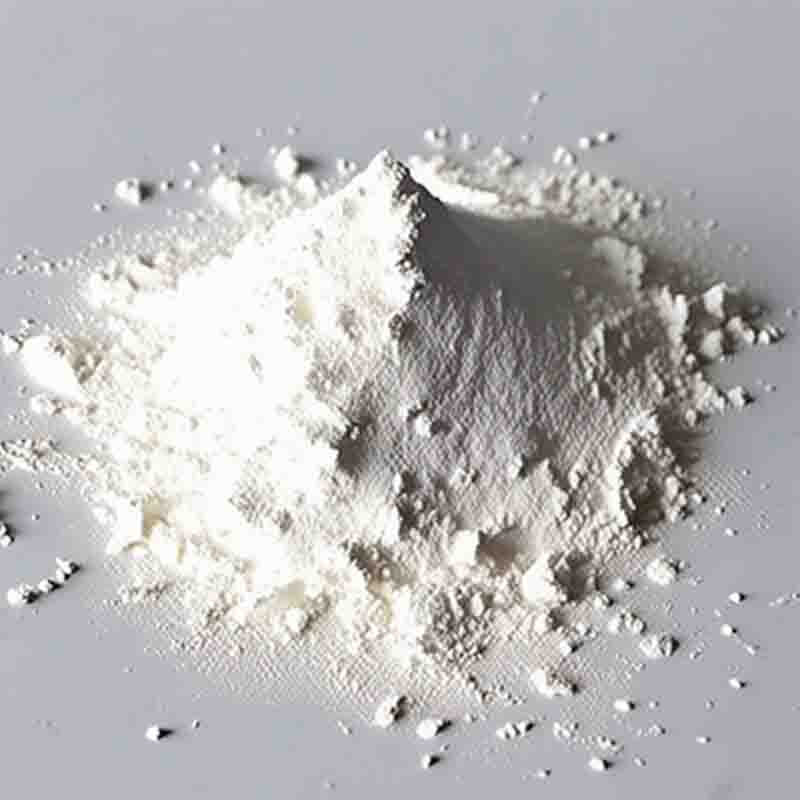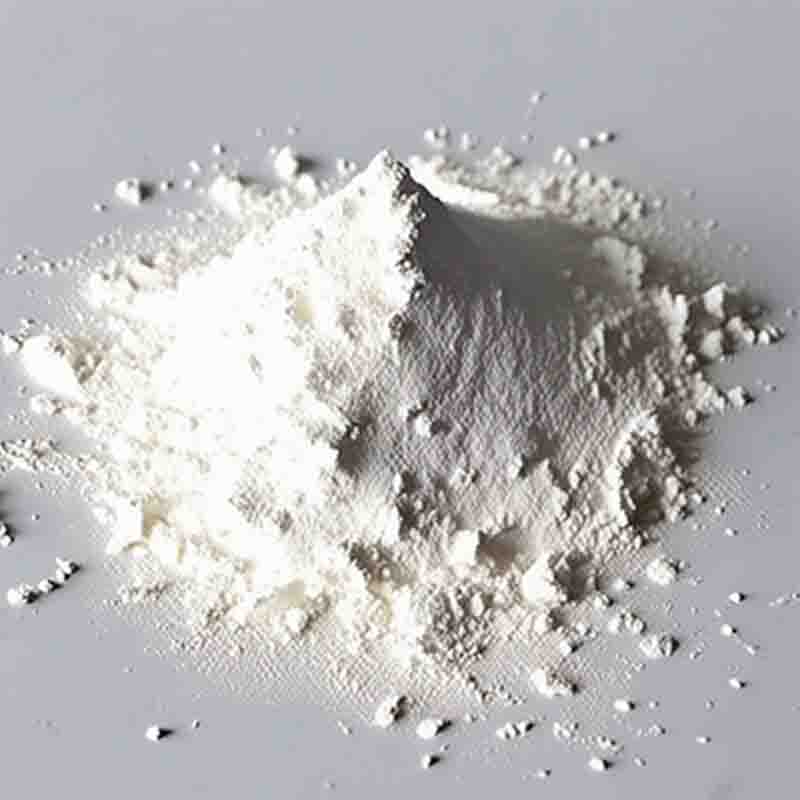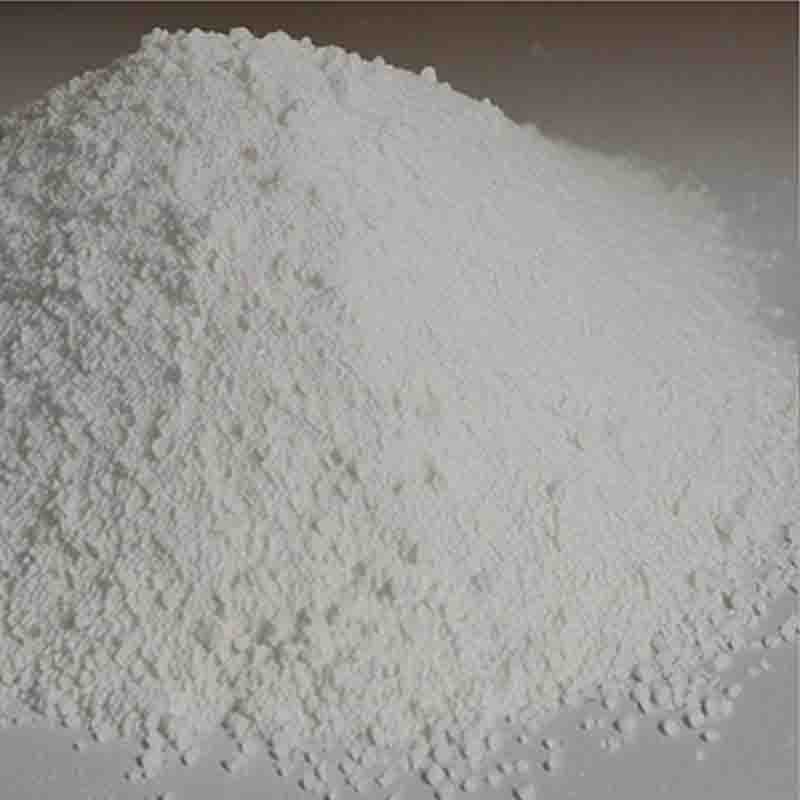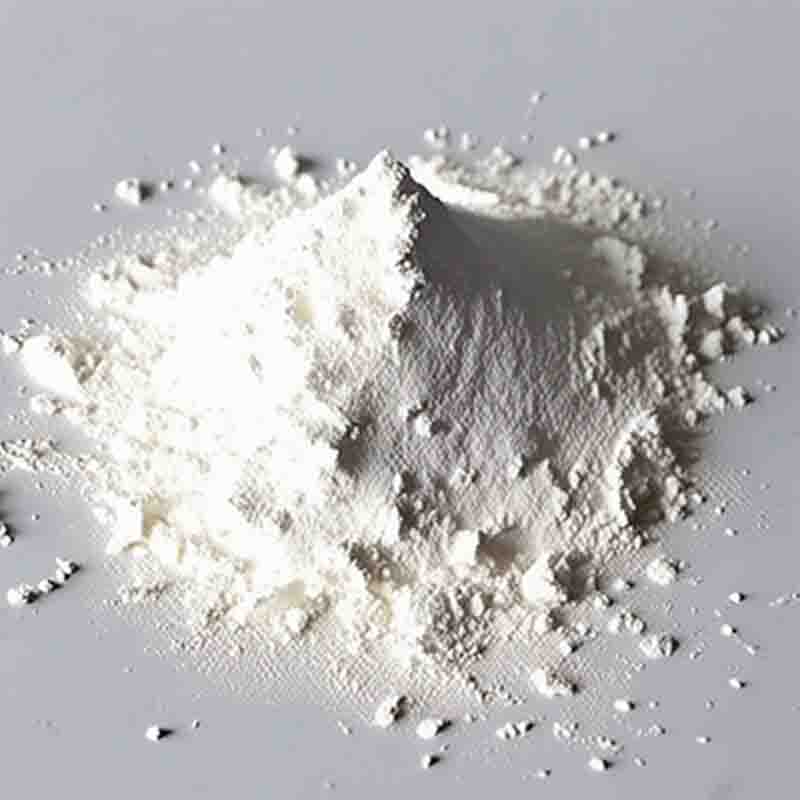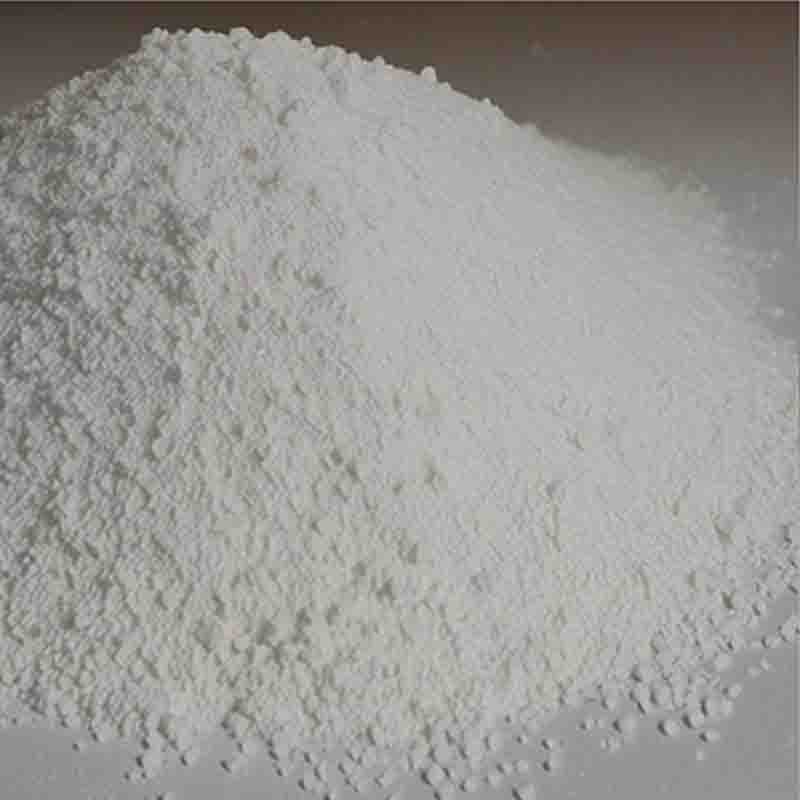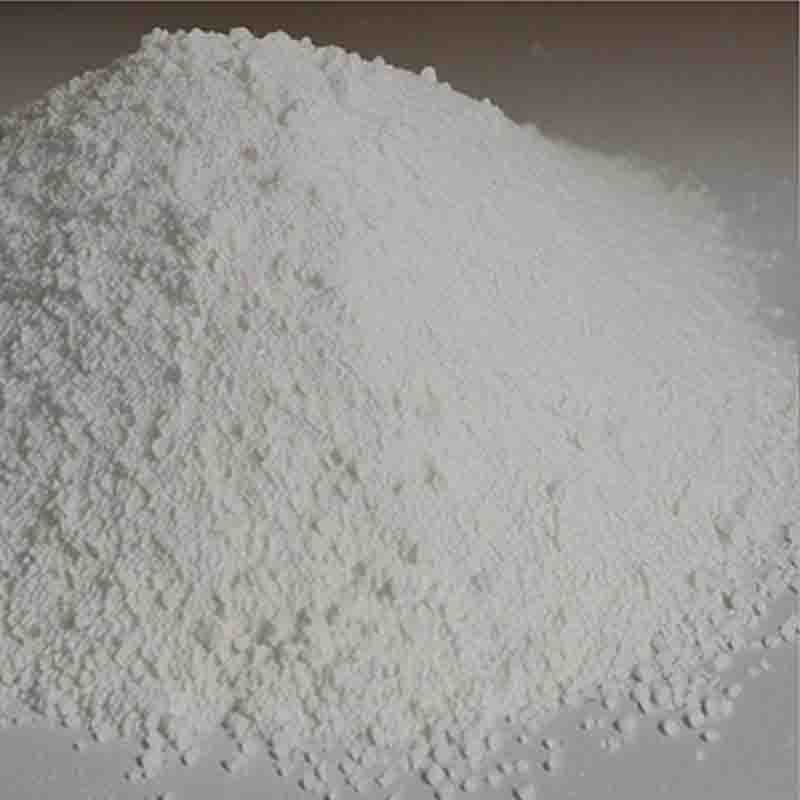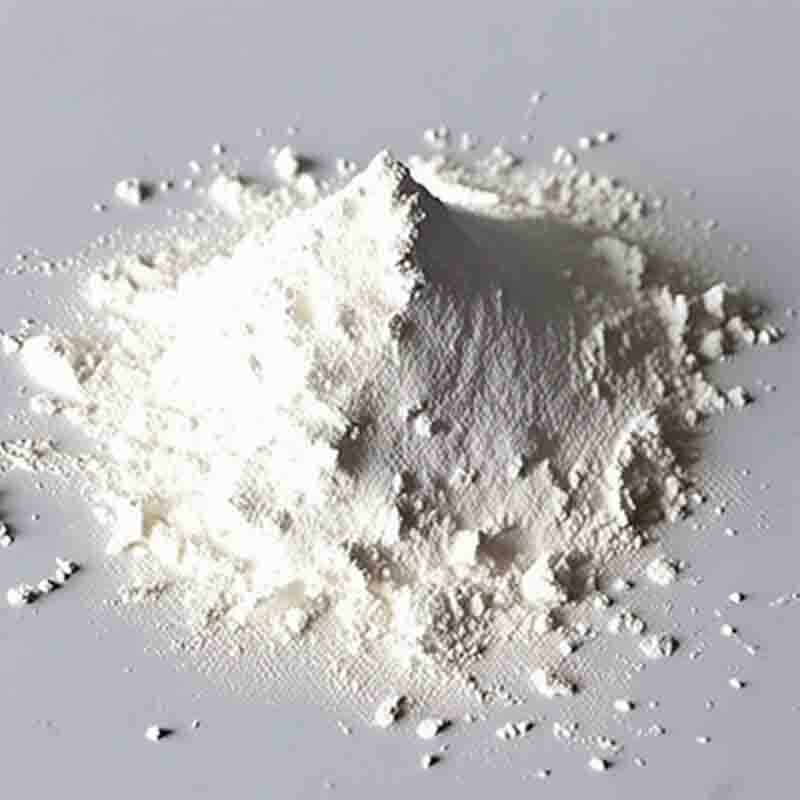strontiumhydroxide CAS: 18480-07-4
| Catalog Number | XD94589 |
| Product Name | Strontiumhydroxide |
| CAS | 18480-07-4 |
| Molecular Formula | H2O2Sr |
| Molecular Weight | 121.63 |
| Storage Details | Ambient |
Product Specification
| Appearance | White powder |
| Assay | 99% min |
Strontium hydroxide is a chemical compound with various applications in different fields. Here are some of its main uses:
1. Chemical manufacturing: Strontium hydroxide is used as a reagent or catalyst in various chemical reactions. It can be employed in the production of strontium-based compounds, such as strontium carbonate or strontium nitrate, which have applications in industries like pyrotechnics, ceramics, and glass manufacturing.
2. Water treatment: Strontium hydroxide is sometimes used in water treatment processes to adjust the pH levels and remove impurities. It can help neutralize acidic water and precipitate heavy metals, improving the overall quality and safety of the water.
3. Lubricants and greases: Strontium hydroxide is used as an additive in lubricants and greases to enhance their performance. It provides anti-wear and anti-corrosion properties, improving the lubrication and protection of machinery and equipment.
4. Batteries: Strontium hydroxide is utilized in the production of certain types of batteries, such as nickel-metal hydride (NiMH) batteries. It helps to improve the battery's performance and stability, allowing for longer-lasting and more efficient energy storage.
5. Pharmaceuticals: Strontium hydroxide has pharmaceutical applications, particularly in the production of antacids and medications for treating osteoporosis. It can help neutralize stomach acid and provide a source of strontium for bone health.
6. Analytical chemistry: Strontium hydroxide is used in analytical chemistry as a reagent for the determination of certain elements or compounds. It can be employed in titration methods or complexation reactions to quantify specific substances in a sample.
In summary, strontium hydroxide finds applications in chemical manufacturing, water treatment, lubricants and greases, batteries, pharmaceuticals, and analytical chemistry. Its ability to produce strontium-based compounds, adjust pH levels, improve lubrication, enhance battery performance, and serve as a reagent make it valuable in various industries and scientific fields.


